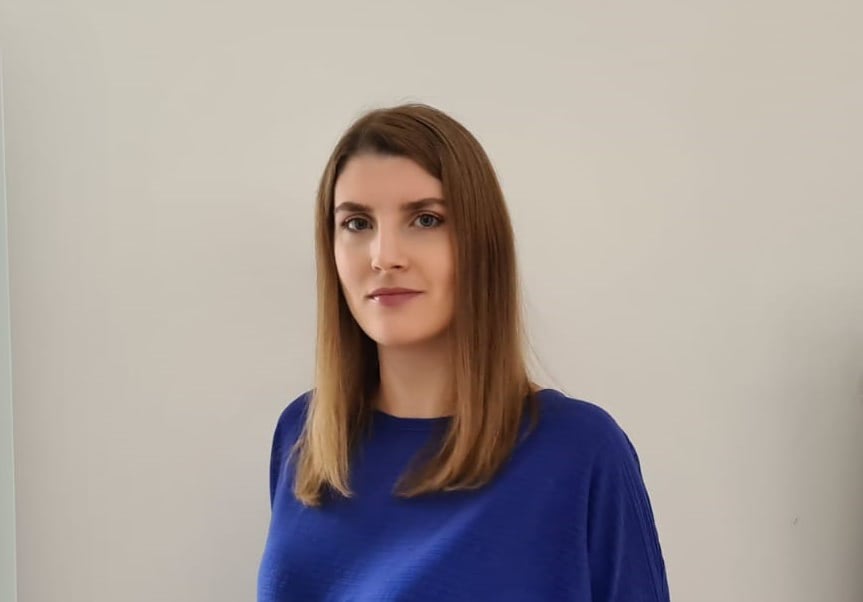Preparing Apprentices for EPA: Interviews and Professional Discussions

Interviews and professional discussions are common in #EPA. They are part of end point assessment (EPA) for standards including Business Administrator, Digital Marketer, Marketing Manager, Marketing Executive, Marketing Assistant, HR Consultant and Partner and HR Support.
Here’s our Training Provider Guide on what interviews and professional discussions are and how to prepare your apprentices.
What is an interview or a professional discussion?
Interviews and professional discussions are very similar assessment methods. They are both conducted one-to-one, between the apprentice and the independent assessor. Their purpose is to explore how well the apprentice meets the relevant knowledge, skills and behaviours detailed in the standard’s assessment criteria.
Both assessment methods involve the assessor asking carefully selected questions. In an interview, the assessor will lead the conversation. In a professional discussion, the expectation is that the assessor introduces the session but the apprentice then takes the lead.
For both interviews and professional discussions, the assessor will be looking for the apprentice to cover the topics detailed in the standard’s assessment criteria. Assessors may steer the conversation towards these criteria, and move it on when they have heard enough.
What should the apprentice expect?
Many EPAOs, including 1st for EPA, assess remotely and so interviews and professional discussions are carried out on a video call.
The interview or discussion will start with the assessor introducing themself and the session, and telling apprentices what to expect. They will do their best to make the apprentice feel at ease. The apprentice will have the opportunity to introduce themself and ask any questions before the interview/discussion begins.
This introduction is not counted within the timings specified for the interview or discussion.
Assessors appreciate many apprentices are working from home during Covid-19 and their role may have changed or be carried out differently to how it was before. This will be taken into account and apprentices will not be disadvantaged due to circumstances outside of their control.
TIPS TO PREPARE FOR INTERVIEWS AND PROFESSIONAL DISCUSSIONS
You should ensure your apprentices:
- Receive the email confirmation when the interview/discussion is booked, and add the date and time to their calendar.
- Test the software that will be used.
- Book a quiet room where they won’t be disturbed.
- Have access to a computer with a webcam, internet connection and a microphone or telephone.
- Read the toolkit and know how long the interview/discussion is, and how many questions to expect. This way they can work out how long to speak for each question – this is usually several minutes.
- Understand the assessment criteria and practice speaking around each of these, giving examples of how they have met them in their role.
- Practice using terminology that demonstrates not only knowledge of theory, but also how skills and behaviours have been applied. This guide gives tips on doing this: 6 Ways to Demonstrate Skills and Behaviours in End Point Assessment.
TIPS FOR PERFORMING WELL IN INTERVIEWS AND PROFESSIONAL DISCUSSIONS
- Apprentices must bring photographic ID to verify their identity – they won’t be able to take part if they don’t.
- Apprentices can have their notes or the assessment criteria in front of them. They shouldn’t read from notes but may refer to them throughout the interview or discussion.
- Coach your apprentices to speak in the first person – they should talk about “I” not “we”. Often apprentices fall into the trap of talking about “my team” or “my department” however assessors can only award marks for what the apprentice has done.
- It’s fine for apprentices to reflect on their past actions or performance. If they did one thing in the past but would take a different course of action now, they should say so – this shows the assessor they have evaluated their performance and developed their skills.
- Where the interview or professional discussion is based on a portfolio or a specific piece of work, the apprentice should focus their answers on this. They may also bring in evidence from other areas of their work if it helps demonstrate how they have met the assessment criteria.
- Assessors know the assessment criteria and will focus the interview or discussion on these criteria. Apprentices should pay attention to exactly what the assessor is asking and answer accordingly. If the assessor tries to move the conversation on, this should indicate to the apprentice that they have sufficiently covered the criteria being discussed.
Apprentices often benefit from undergoing a mock interview or discussion with their training provider prior to their EPA. 1st for EPA offers a Mock Professional Discussion for HR Apprentices.
Your apprentices may also be interested in our Apprentice Guide: How to Prepare for EPA and our blog 6 Ways to Demonstrate Skills and Behaviours in End Point Assessment.
1st for EPA provides full guidance on what to expect and how to prepare for end point assessment. This forms part of the Apprentice Toolkit, available to apprentices who are registered with us.












Responses